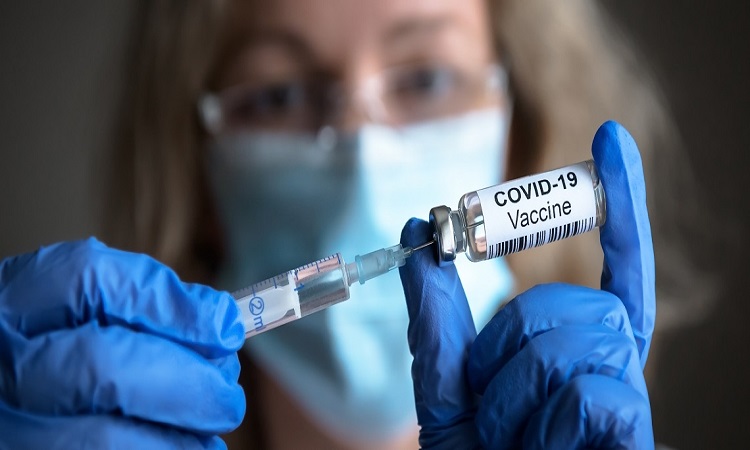As a result of the Covid-19 pandemic, science began to better understand messenger RNA (mRNA) technology, which has become widespread. Scientists now believe that this technology could be used to develop other vaccines to attack other diseases.
Research conducted by scientists at Oregon State University found that mRNA vaccines have the ability to increase the production of a key protein in skin health. This new protein is a valuable tool to help prevent skin cancer, a disease where cells in the body begin to multiply out of control.
Similarly, Pfizer-BioNTech, the association behind the two mRNA vaccines that protect against Covid-19, announced that they will use this approach to develop a vaccine against shingles. Both companies hope to start clinical trials of the herpes vaccine in the second half of 2022.
This inoculation will combine the antigen technology recognized by Pfizer scientists and Biontech’s mRNA platform technology. Both Pfizer and Biontech have already worked together to develop vaccines, one example being in 2018 when they joined forces to create a flu vaccine.
For its part, Moderna reported that it will begin clinical trials of its new influenza vaccine based on mRNA technology. Through a statement, the US firm plans to include protection against other respiratory viruses in a single annual vaccine, for example, Syncytial Virus, human Metapneumovirus and SARS-CoV-2. Stephen Morse, an American epidemiologist, detailed to the media that the mRNA vaccines against Covid-19 exceeded expectations and seem to work better than expected. “MRNA-based vaccines appear to be an alternative to other diseases and could be just as effective,” he added.
Single-stranded messenger RNA-based vaccine technology is not new, as it has been used in different preclinical and clinical trials for decades. Some tests found that they produce a potent protective response in animal models against Ebola, Zika, influenza, and even bacteria such as Streptococcus.
There is still a concern with this type of vaccines due to their low efficiency when introducing them into cells and the RNA can stimulate inflammatory-type immune reactions. However, its benefits are superior; For example, it is relatively cheap compared to other types of vaccines, which made it possible to design a vaccine against Covid-19 in record time.
In addition, once the genome of the pathogen is known, the first vaccine prototypes can be produced in a few weeks, which makes it an effective tool when a new pathogen appears. Its speed is a greater benefit than the problem of its instability, Moderna was able to design its mRNA vaccine against SARS-CoV-2 in just six weeks.
Scientists from different laboratories are focusing their efforts on developing vaccines against other types of diseases based on mRNA. Most believe it could hold the key to producing vaccines to defeat such challenging diseases as the common flu, HIV, and even malaria or heart failure.



